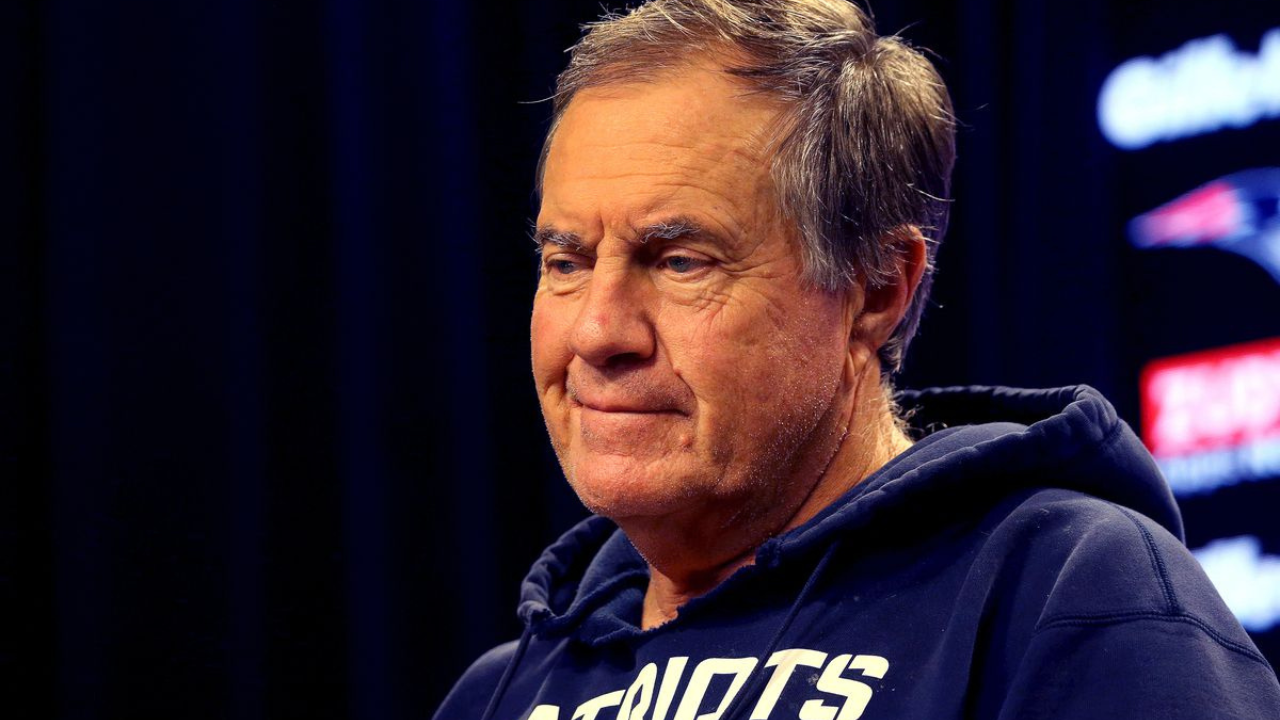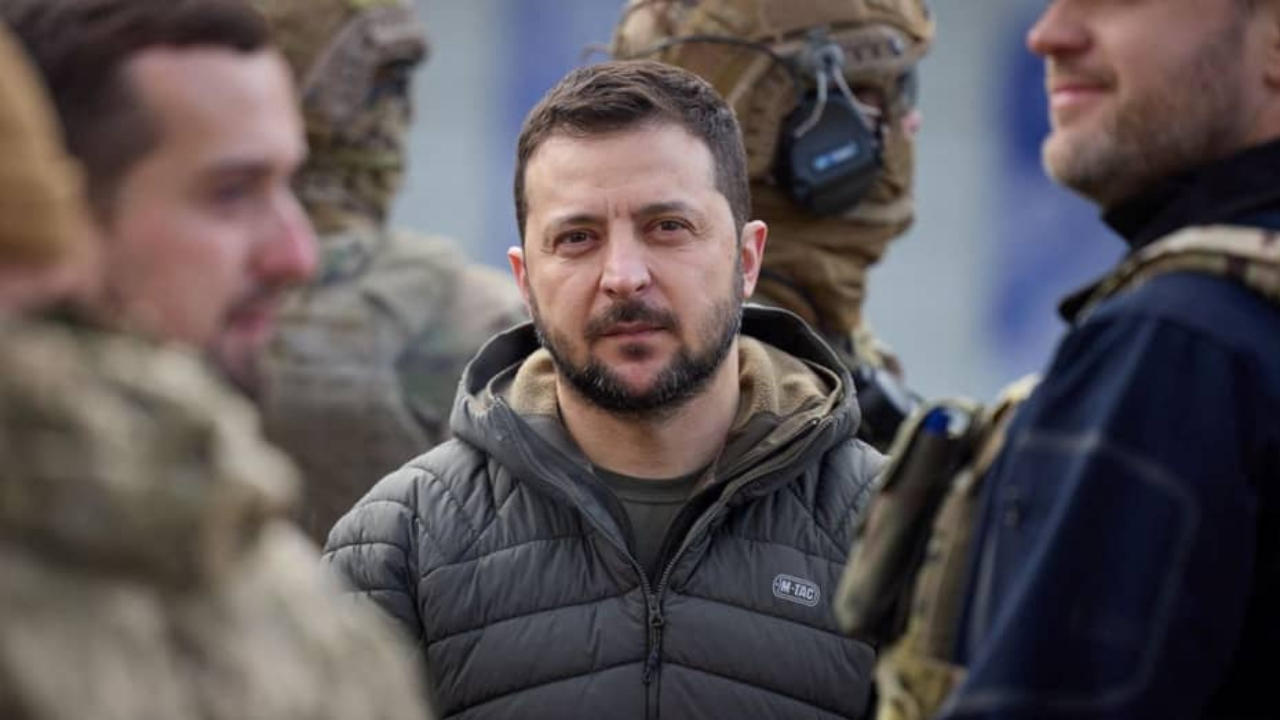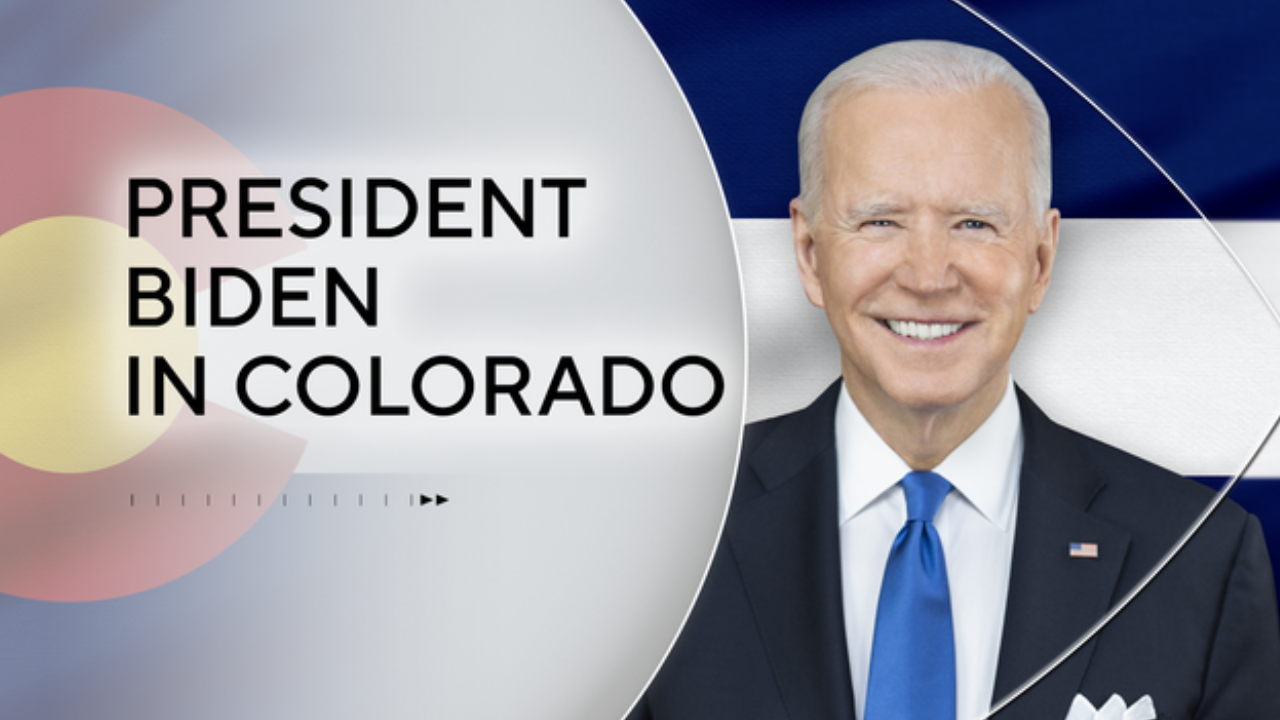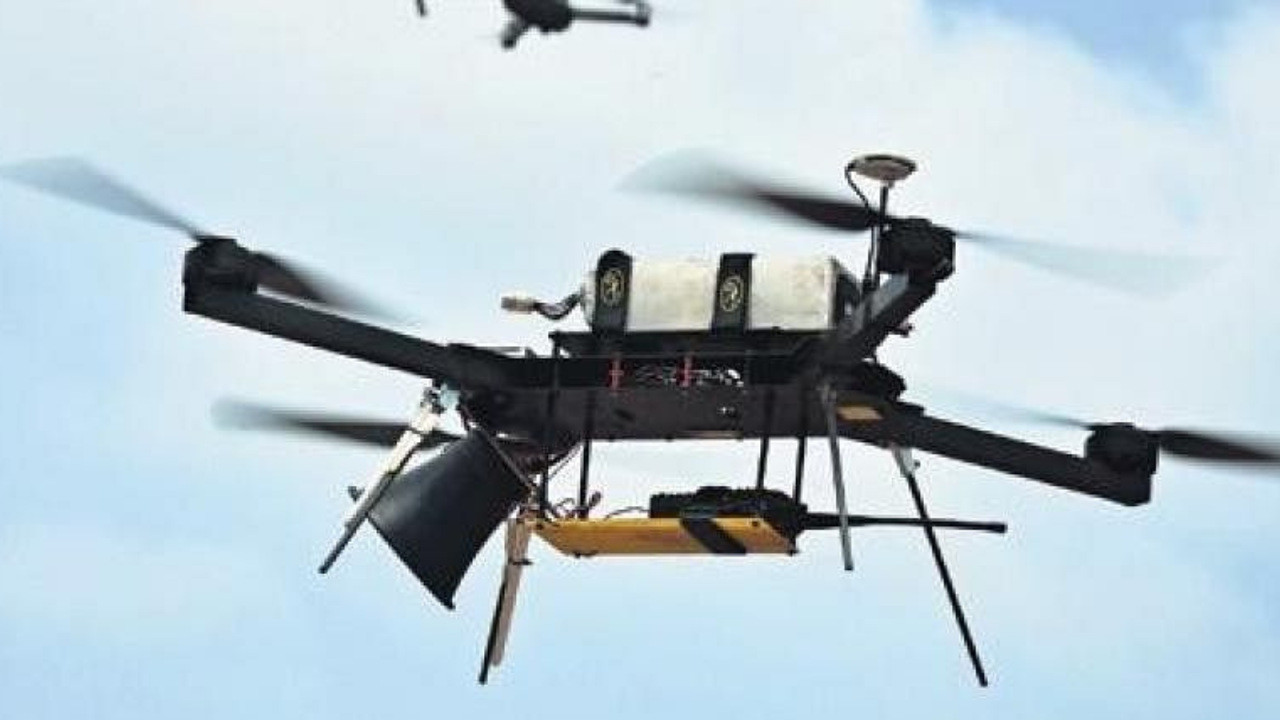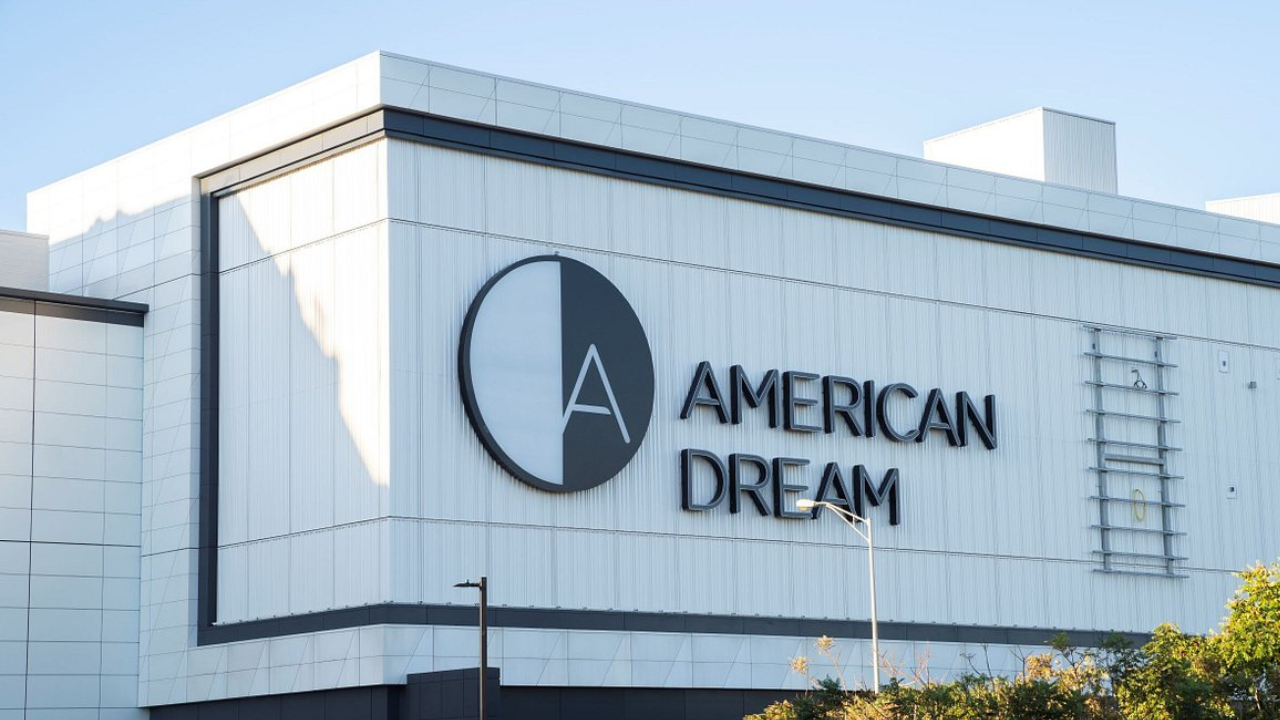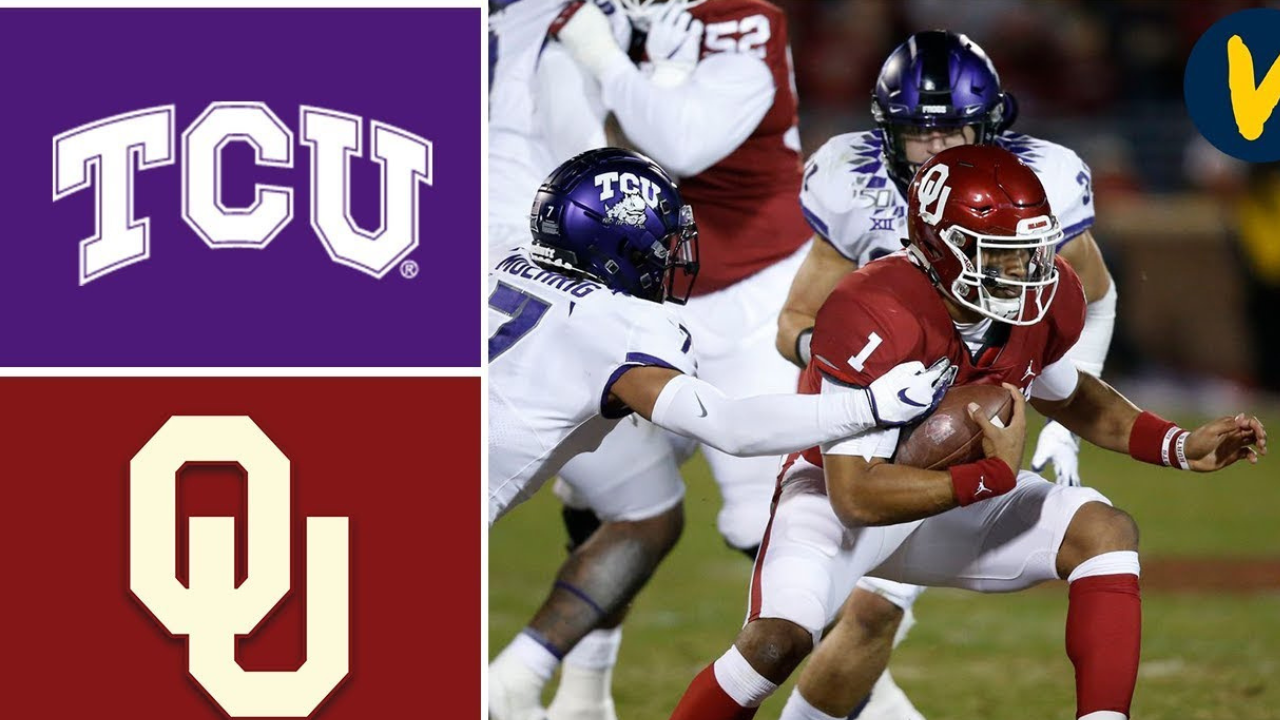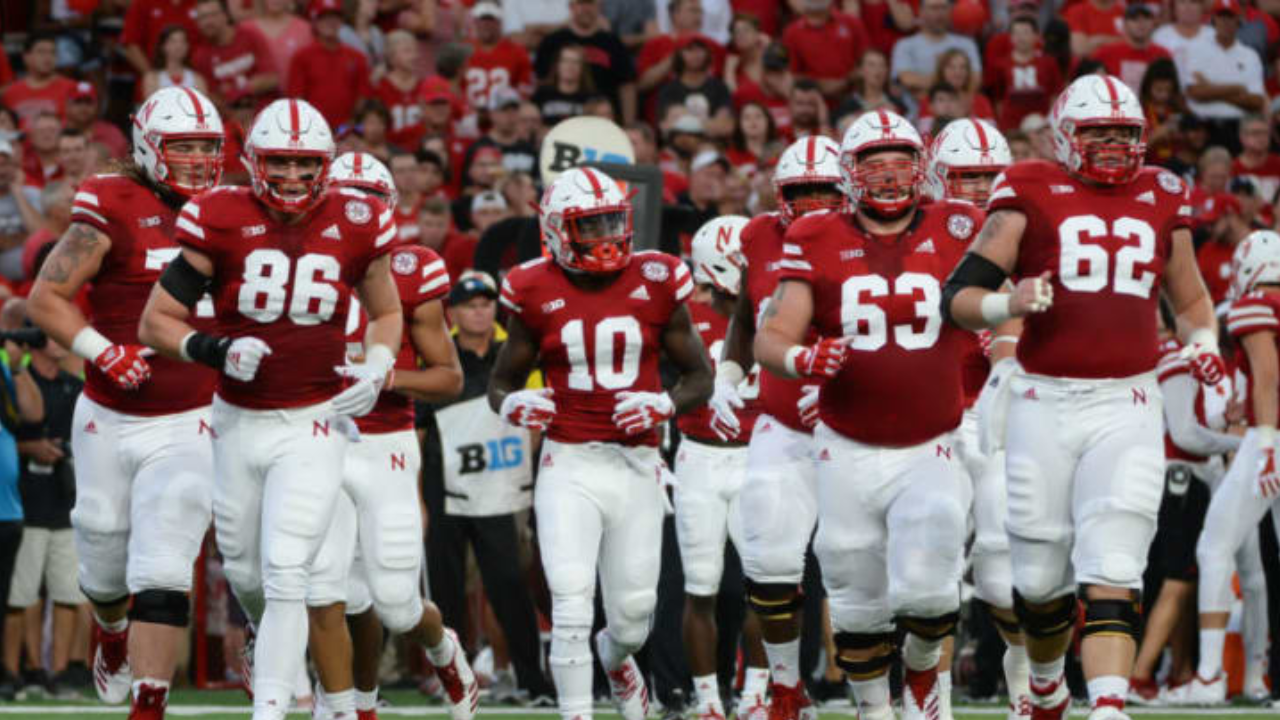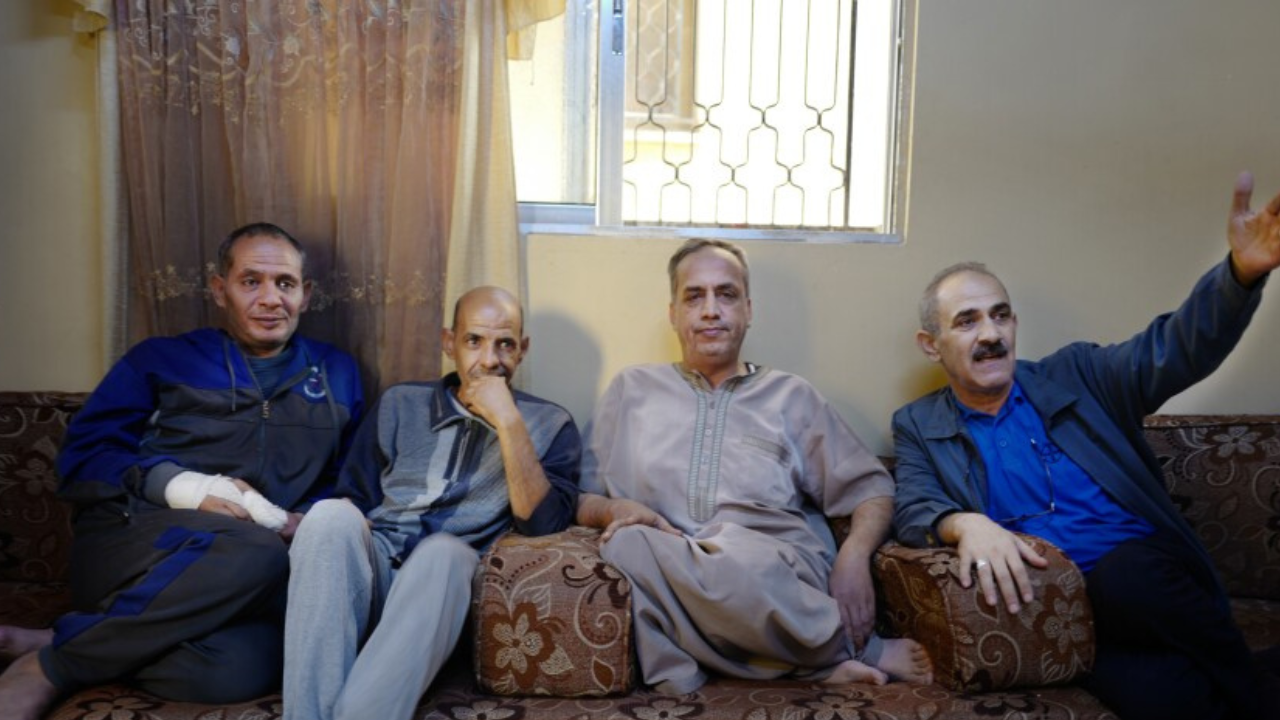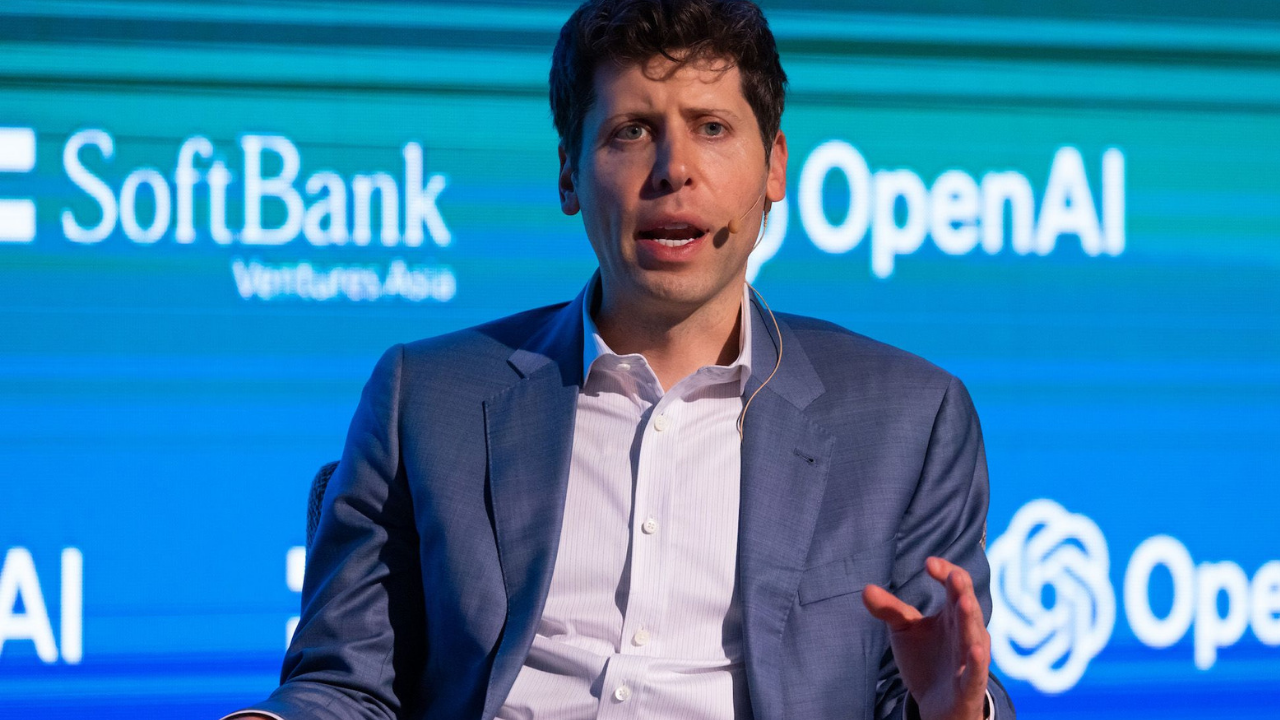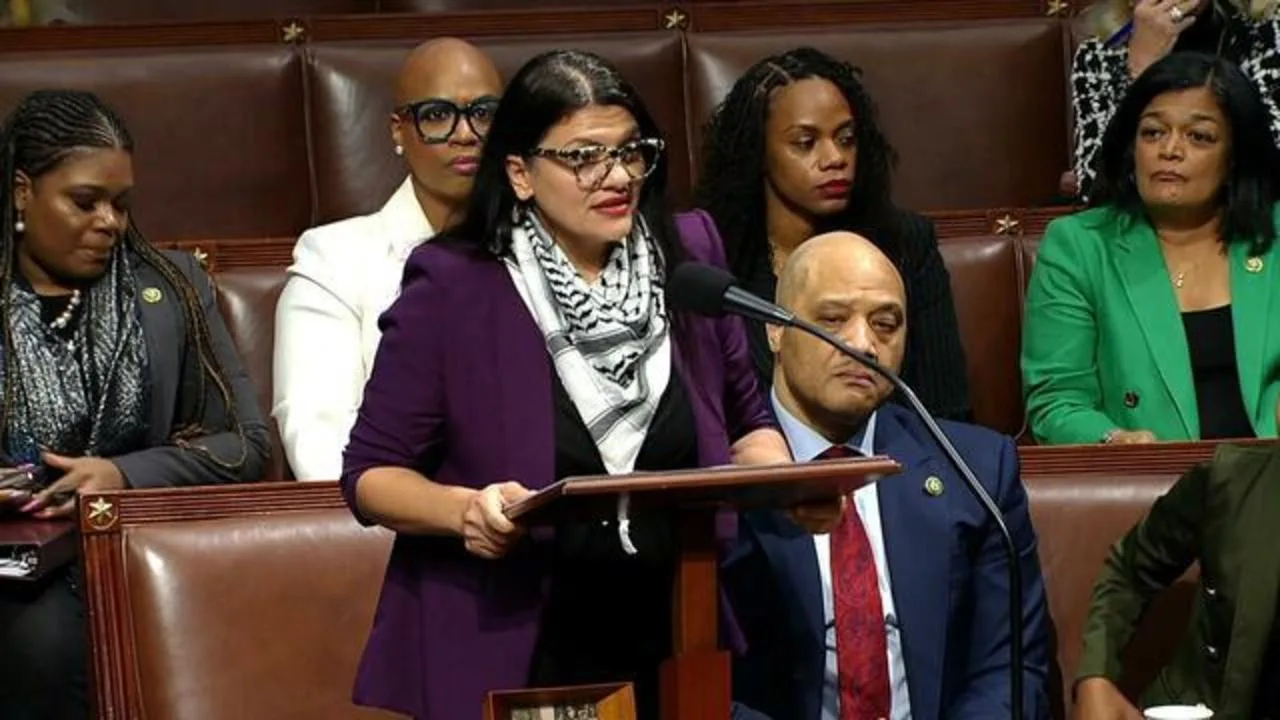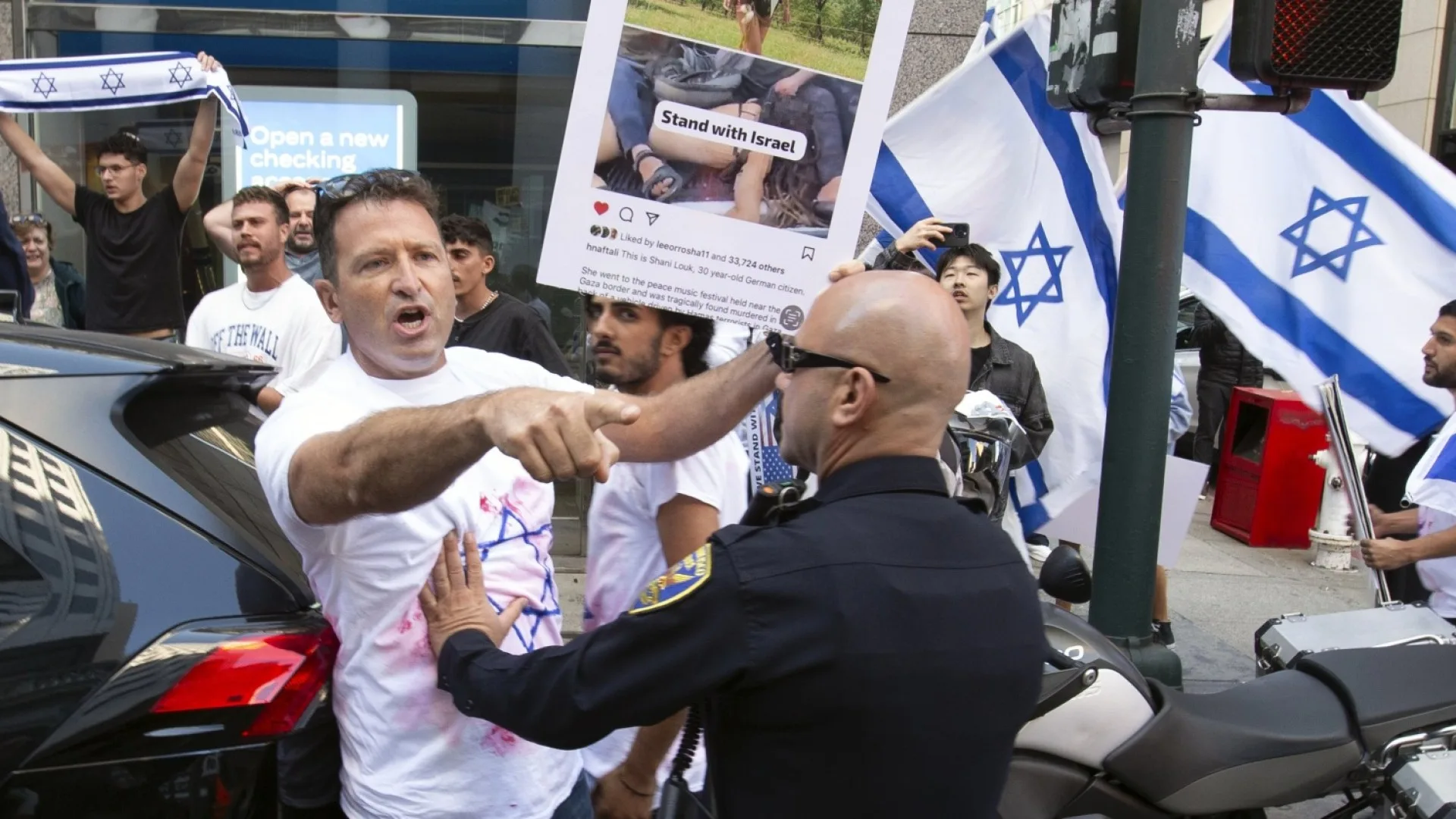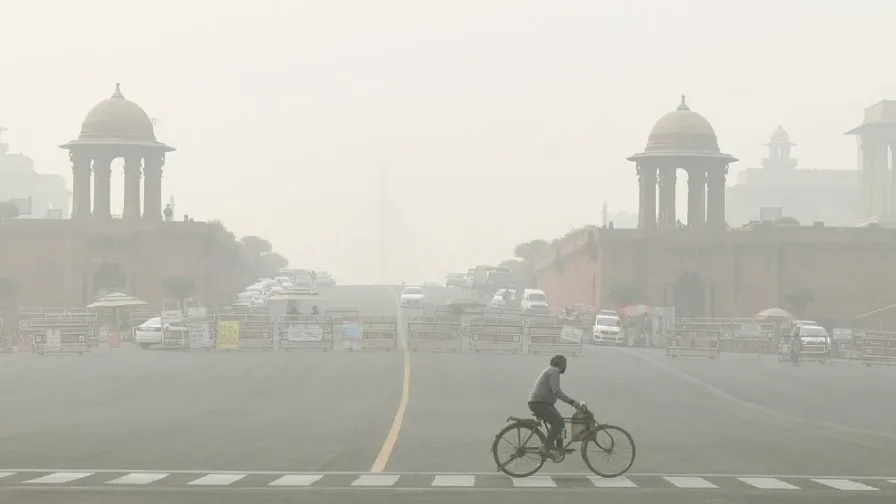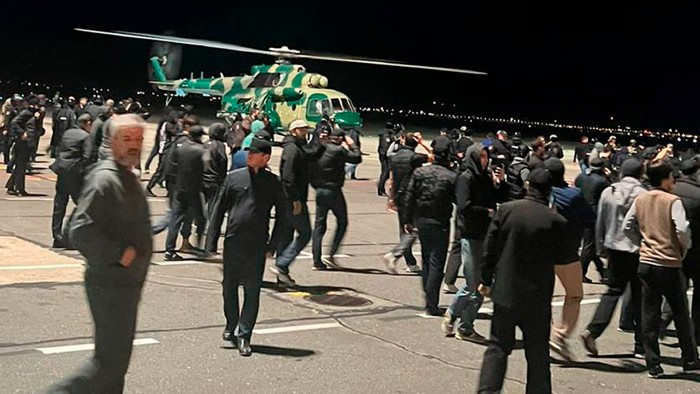Karen Davis was a fervent supporter who helped the animal rights movement gain more traction by standing out for farmyard fowl like turkeys and hens. On November 4, Karen Davis, an animal rights activist whose fervor prompted her to compare industrial poultry slaughter to genocide and spearheaded campaigns to uphold the dignity of chickens, turkeys, and other factory-farmed animals, passed away. She was seventy-nine.https://chalkidanews.com/

Table of Contents
“In Memoriam: Karen Davis, Founder of United Poultry Concerns, A Trailblazer in Avian Advocacy”
The advocacy organization that Ms. Davis created and oversaw, United Poultry Concerns, announced her passing and stated that she passed away “surrounded by her beloved birds,” although it did not specify the cause of death. When Ms. Davis started her activism career in the 1980s, the animal rights movement was well-established. However, she expanded her influence by supporting commercially farmed chickens, making them a lesser priority for other campaigners and, to some extent, less appealing to the public because of how commonplace they are on American tables.
During a prayer session at a Virginia farm in 1992, she stated, “In our culture, the animal protectionist community dismisses chickens because they are viewed with indifference by the compassionate community.” “We are discussing a realm of agony and distress that is nearly incomparable to that of other living forms.”
Remembering Karen Davis: A Passionate Advocate Who Transformed Activism and Education in Avian Rights”
Ms. Davis was a fervent supporter who used her aggressive approach to transform a commitment to conversation into a lecture. Her activism also had an impact on her profession as a college English instructor. Ms. Davis promoted awareness through lectures, books, newspaper articles, marches, and a newsletter called Poultry Press.

She stated, “Many people are amazed to learn that there is enthusiasm for living and enjoying the day in a turkey,” in a 1994 essay that appeared in The York Daily Record. Turkeys in three square feet with respiratory ailments, leg sores, breasted sows, and burnt eyes from ammonia develop.
She staged a protest against the American tradition of Thanksgiving meal outside the White House in 2014, just before President Barack Obama formally pardoned two turkeys. She ran a campaign opposing the Orthodox Jewish custom known as Kapparot, which involves swinging chickens over one’s head and then killing them as a kind of atonement before to Yom Kippur
“Karen Davis: From Carnivore to Avian Advocate, A Journey Into Chicken Activism”
Ms. Davis was raised among households of game hunters who pursued quail and other wild animals. Originally a carnivore, she eventually converted to vegetarianism. She and her spouse relocated to a farmhouse in a rural area of Washington in the mid-1980s, which is when she first became aware of chicken farming. There was a chicken living in a neighboring broiler house. The bird, which Ms. Davis called Viva and took to her house, struggled to move since her body was too large for meat.
Before long, Ms. Davis was purchasing aged chickens from egg farms before they were put to death and obtaining hens from hatcheries for use in elementary school projects. “I was so drawn to chickens that I can’t explain,” she said in a 1999 interview with The Washington Post. “I am deeply affected by everything about them.”
She was not a sentimentalist, either; Martin Rowe, executive director of the Culture and Animals Foundation, acknowledged that the chicken business might occasionally be “abrasive and uncouth.”

Stupidly ask if there is a more humane way to kill chickens for food,” reads the message, and her black eyes light up with fury right once. “What’s the best way to murder kids?” she yells.
In a blog post following Ms. Davis’s passing, Shree Rowe, whose Lantern Books published “The Holocaust and the Henmaids’ Tale,” stated that she was “filled with religious fervor for her cause.” She stated, “She has dedicated so many decades of her life to the defense of chickens, ducks, geese, turkeys, and other domesticated birds who did not need her,” calling her actions “bravery and generosity.”
According to her, the chicken business made fun of Ms. Davis’s campaigning by saying that it was in the best interests of farmers to raise flocks in a healthy environment and to butcher them humanely.
A representative for Maryland and Virginia chicken manufacturers told The Baltimore Sun during a United chicken Concerns demonstration in 1994, “They are not affecting sales at all because people don’t want any radical group to tell them what they can and cannot eat.”
Amos and Mary (Orr) Davis welcomed Karen Elizabeth Davis into the world on February 4, 1944, in Altoona, Pennsylvania. Her dad practiced law. In 1987, she graduated with a doctorate in English from the University. In 1987, she majored in English and taught at the University of Maryland, College Park.
Ms. Davis relocated to Machipongo, Virginia, on the eastern bank of the Chesapeake Bay, in the late 1980s from Maryland. She constructed a predator-proof fence spanning 12,000 square feet for the hens that were saved. The non-profit organization she created in 1990, United Poultry Concerns, stated in its most recent annual report that she had seven animals in her sanctuary in 2021 and had received $277,000 in contributions.

